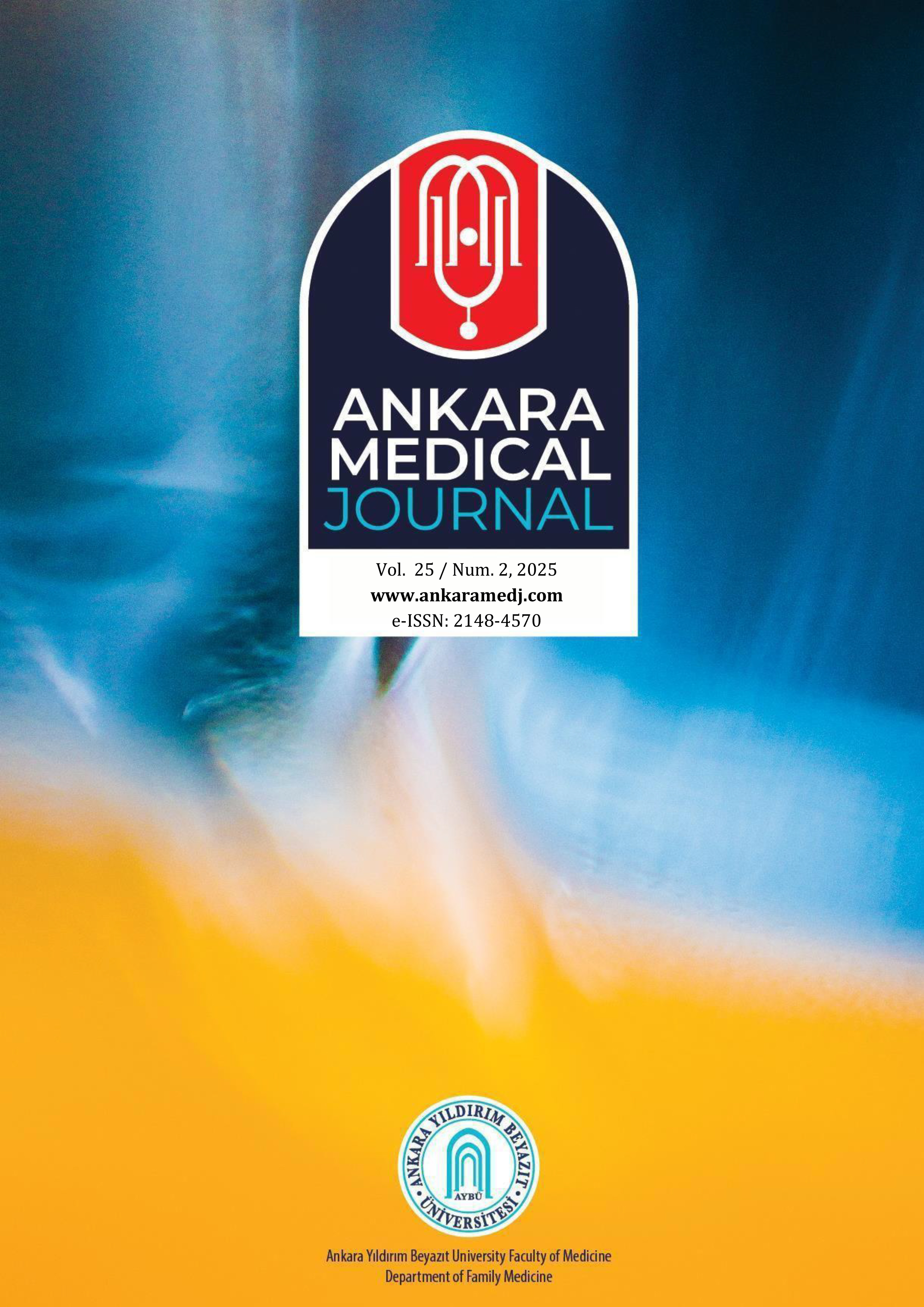Evaluation Of Sleep Quality and Perceived Stress Levels In Medical Students
Betül Tunçez, Bahar Ürün ÜnalDepartment of Family Medicine, Selcuk University Faculty of Medicine, Konya, TürkiyeINTRODUCTION: The aim of the study was to determine sleep quality and perceived stress levels in medical students and to develop recommendations for this purpose.
METHODS: There were a total of 1466 students enrolled during the study. A 43-question questionnaire including a sociodemographic data form, Pittsburgh Sleep Quality Index, and Perceived Stress Scale scales was applied to 1217 students (83% of all students).
RESULTS: The mean age of the participants was 21.64 years (±2.26 years), with 56.4% of the participants being female and 43.6% male. The study revealed that 41.2% of the students surveyed reported good sleep quality, while 58.8% indicated poor sleep quality. 6th-grade students' good sleep quality was statistically significantly higher than the other grades (p<0.001). Poor sleep quality was found to be significantly higher in students who smoked and drank alcohol than in those who did not (p<0.05). As indicated by the Perceived Stress Scale, 0.9% of the participants exhibited no stress, 41.2% demonstrated low stress, 53.2% displayed moderate stress, and 4.7% displayed high stress. Female students had significantly higher perceived stress levels and poor sleep quality than male students (p<0.05). Among the students, the perceived stress level of those who used alcohol and did not do physical activity was statistically significantly higher (p<0.05).
DISCUSSION AND CONCLUSION: Medical students have high levels of psychological stress and poor sleep quality due to long and intensive working hours, challenging exam load, life disorganisation, and patient management responsibilities.
Makale Dili: İngilizce
(6 kere indirildi)





